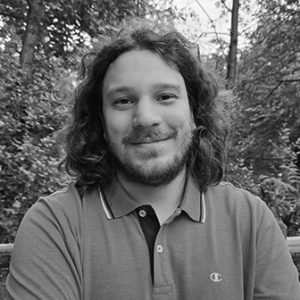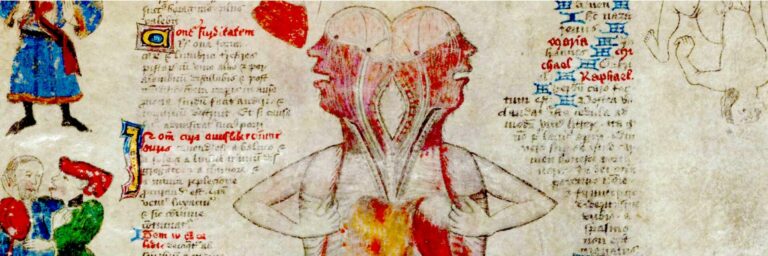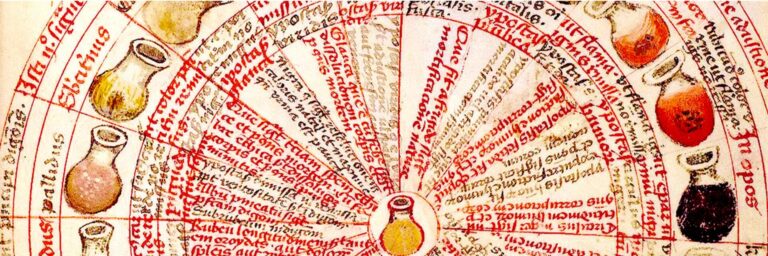Maimonides and the Perfect Physician
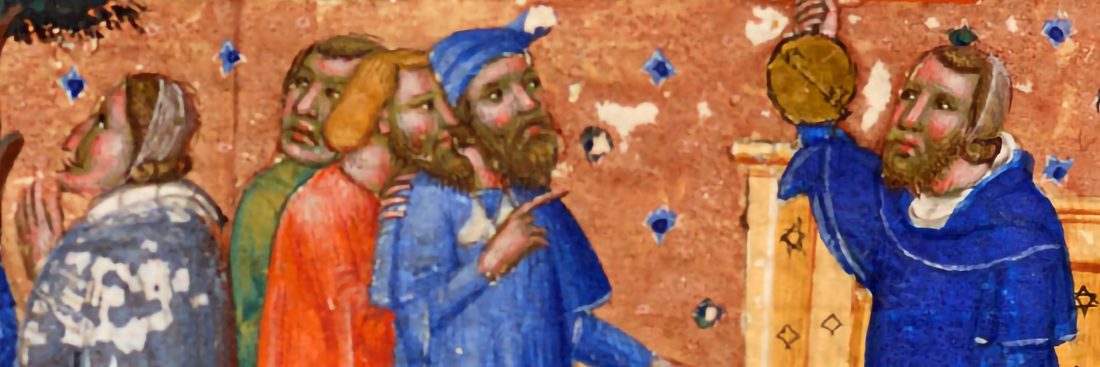
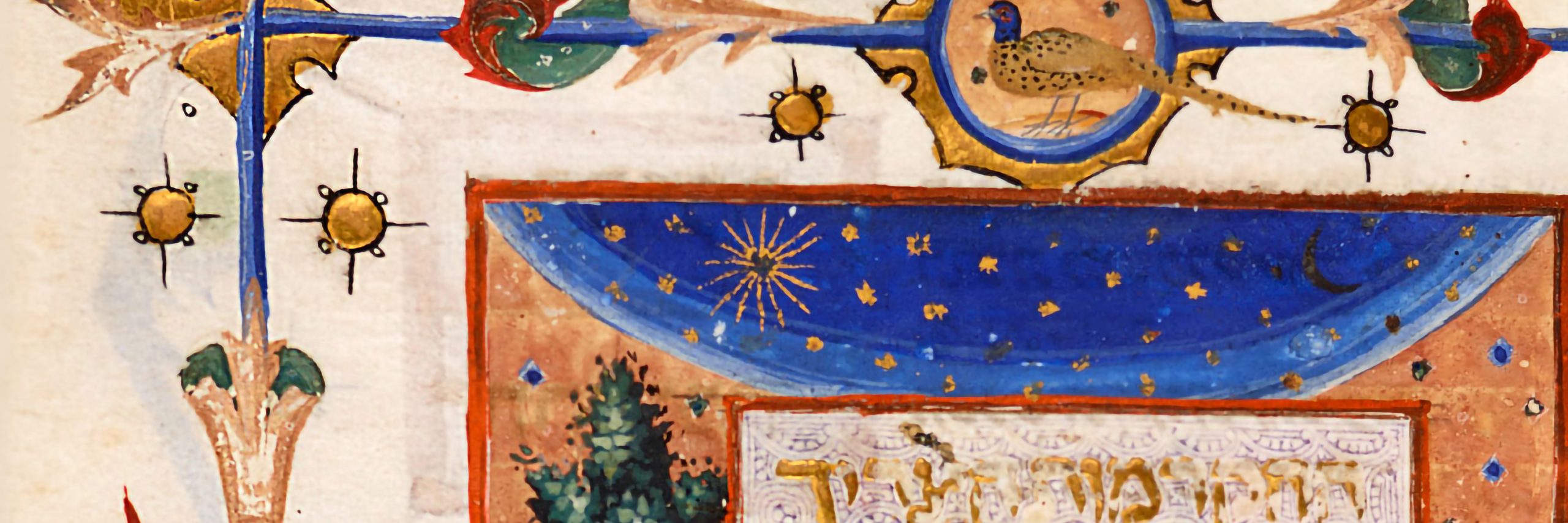
FORMA FLUENS
Histories of the Microcosm
'Not Only When a Man is Ill,
but also When is Healthy'
Maimonides and the Perfect Physician
Claudio Azzarito
University of Milan
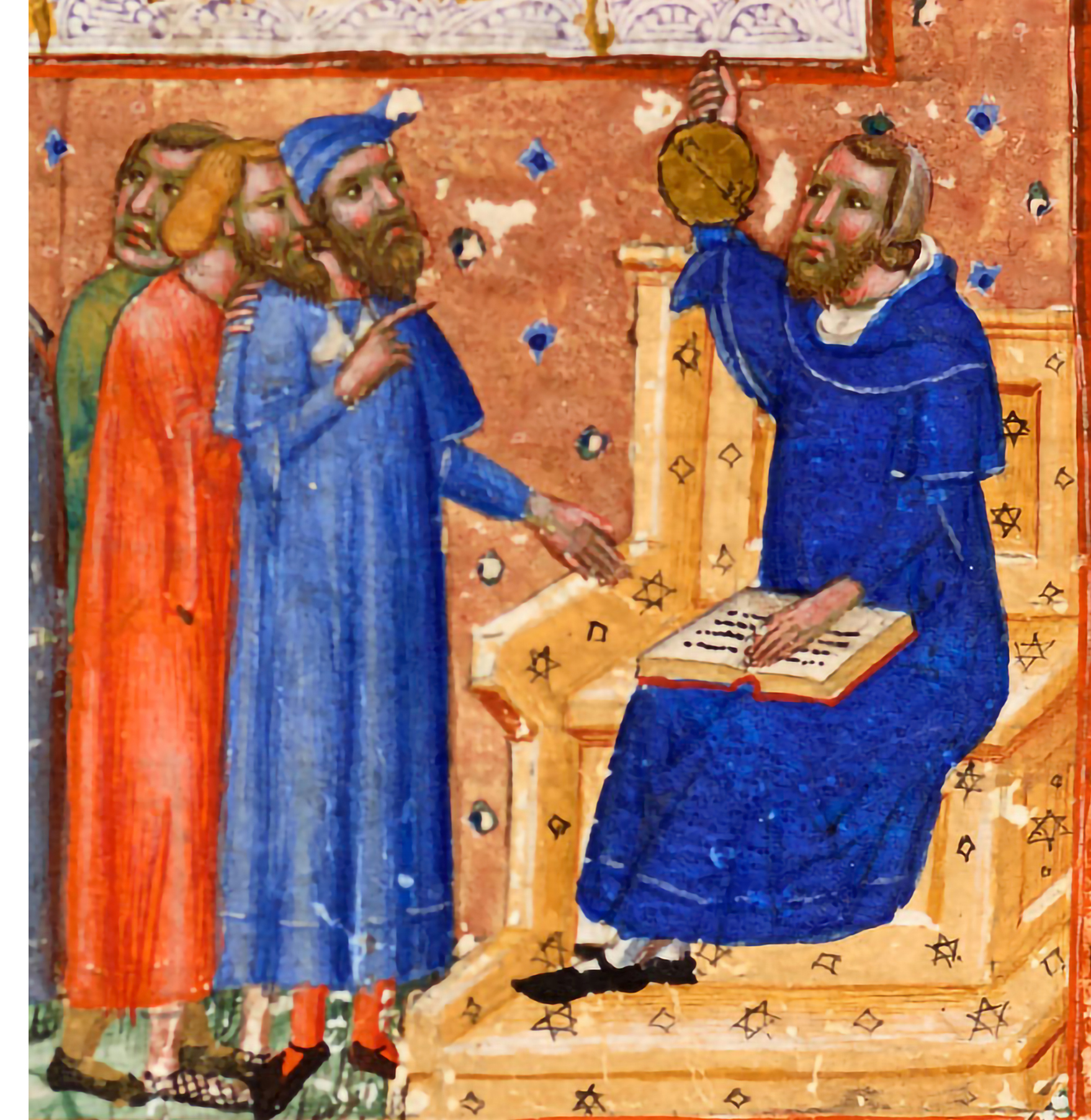
In this paper I will discuss the characteristics of the “perfect physician” as they emerge from the medical writings of the 12th-century Jewish philosopher Moses Ben Maimon, also known as Maimonides (1138–1204).[1]
In his medical works, Maimonides reiterates several times the idea that human life is too short to strive for perfection in the sciences. As stated in the Commentary on Hippocrates’ Aphorisms 1.14,[2] and again in On the Regimen of Health 4.11 this seems to be particularly true of the art of medicine, which is distinguished from other disciplines by the time required to learn it.[3] This is not so much because of any objective difficulty in understanding medical concepts, which turn out to be less complex than those of the exact sciences, [4] but because it requires the memorisation of a vast amount of material, consisting of both general principles and particular cases, together with an innumerable series of details, which cannot be covered in the lifetime of a single individual.[5]
In this sense, medicine should be seen as a collective practice in which the achievement of perfection requires, as a necessary but not sufficient condition, that doctors work together to achieve optimal preparation in the various branches of medical science. This would lead to a better understanding of the patient’s daily routine and a rapid restoration of his or her state of health.[6]
Maimonides upholds the idea that medical knowledge is a cumulative and progressive process, in which commitment to and gratitude for those who have contributed to it in the past motivate us to engage with their texts and to overcome the aporias they were unable to solve. In fact, when Maimonides calls for the collaboration of other doctors in the treatment of the patient, he makes it clear that it is up to the individual specialist to carry out the treatment or to determine the regimen to be followed by a patient. He is thus led to face the fact that patients are always individuals and therefore irreducible to one another: the therapy that cures one person may prove harmful, if not fatal, to another, however minor the ailment.
For Maimonides, collegiality in care is thus reserved for the socio-political elite, while the idea of medical knowledge resulting from the collective scientific enterprise is still to come. Instead, he emphasises the participation of the patient in his illness, regardless of his social status, be it that of the sultan or the cobbler of Fusṭāṭ. According to Maimonides, the patient must be understood as a complex in which all physical and psychological factors must be taken into account, including the patient’s temperament and the social environment in which he lives.
These considerations introduce us to Maimonides’ concept of the “perfect physician”. Although he never explicitly discusses it in any of his medical works, this ideal is found in several of his writings, the characteristics of which I will now try to recapture. The elements that characterise a perfect doctor can be divided into two categories: theoretical and practical. Theoretical perfection consists mainly in having an excellent knowledge of the classics of medicine. However, the path that leads to this habit is extremely tiring and time-consuming, and it is therefore preferable to rely on the experience of trusted doctors whose competence cannot be questioned.
Practical perfection, on the other hand, suffers from the lack of cooperation between doctors that Maimonides considers necessary for the progress of medical knowledge. This is most lacking when it is most needed, namely in the application of therapy, when the physician must demonstrate his true expertise. Practical perfection, in fact, comes from the ability to adapt general remedies to the physical constitution of a specific patient and requires many years of training in correct diagnosis and prognosis. In this sense, Maimonides stresses that it is necessary for the physicus (i.e. the physician) to observe the body’s response to therapy, while at the same time taking care of the patient’s mental health, which may be affected by the illness.
Claudio Azzarito (1996) obtained a Bachelor’s degree (2019) and a Master’s degree in Philosophy (2022) from the University of Milan. His MA thesis explored medical and philosophical aspects of Maimonides’ thought, and his current academic research invests aspects of the history of philosophy and the history of medicine in the pre-modern period (Middle Ages and Renaissance). Claudio is a member of the Italian Association for Jewish Studies (AISG) and one of the founding members of “Attacco Poetico”, a cultural association based in San Michele Salentino dedicated to the promotion of poetry in local communities. Since October 2022 he has been a student of Biblical Hebrew at the Officina di Studi Medievali in Palermo.
Maimonides argues that the physician must not only work on the patient, but also with the patient. Just as a person’s bodily equilibrium may be disturbed by illness, so too may the mind, with the result that treatment may be less effective or even ineffective.
Conversely, an overly aggressive treatment may be able to restore the physical balance, but at the expense of the patient’s mental health. In this sense, Maimonides argues that a psychological assessment of the patient’s character should precede any medical intervention: it is preferable for the physician to deal with the individual when he is in perfect health, for this observation will reveal how an unbalanced mind can favour or hinder the success of therapy, and in some cases even prevent the onset of disease. Hence, it is clear that the body and the mind influence each other, and that the movements of the soul, like those of the body, must be taken into account in medical practice.
Mental health is thus another element that enables the physician to achieve perfection in medicine, and it is closely related to the final requirement that characterises medical perfection for Maimonides: the physician’s ability to establish a good relationship with the patient and his social environment. For example, in his Commentary on Hippocrates’ Aphorisms 1.28, Maimonides states that the physician who wishes to do his best for the patient must aim at more than a correct diagnosis and an adequate prognosis: he must take care of all aspects of the patient’s medical care. Indeed, the patient may be reluctant to undergo a harsh or repulsive therapy, or may prefer the advice of amateurs. The doctor therefore has a duty to earn the full trust not only of his patient but also of those involved in the patient’s welfare (be they relatives or friends). More importantly, the physician must do his best to remove the obstacles to the success of the therapy, including helping patients financially if they cannot afford the medication and/or arranging for them to move to healthier accommodations if necessary. As Maimonides states in his treatise On Asthma (19.22), if a physician is truly able to master his art, the patients themselves will trust him completely, that is, with body and soul.
While enumerating the characteristics of the perfect physician, Maimonides considered himself far from being an accomplished physician. On the contrary, he counted himself among those who had yet to complete their training. His reasoning was that no one could be considered a ‘perfect physician’. Such perfection is in fact dynamic, based on memory rather than pure intellectual exercise, and requires constant effort to refresh and keep up to date.
In the light of what has been said, Maimonides’ emphasis on regimen is not surprising. He understood it primarily as the ability to maintain an ideal and pristine state of health, and the ability to maintain it throughout life, as the most effective way of postponing the onset of disease that will eventually affect the body. To Maimonides, the perfect physician is one who interferes as little as possible with the patient’s body, having realised that the body has a natural capacity for healing and that an individual should only turn to a doctor as a last resort.



